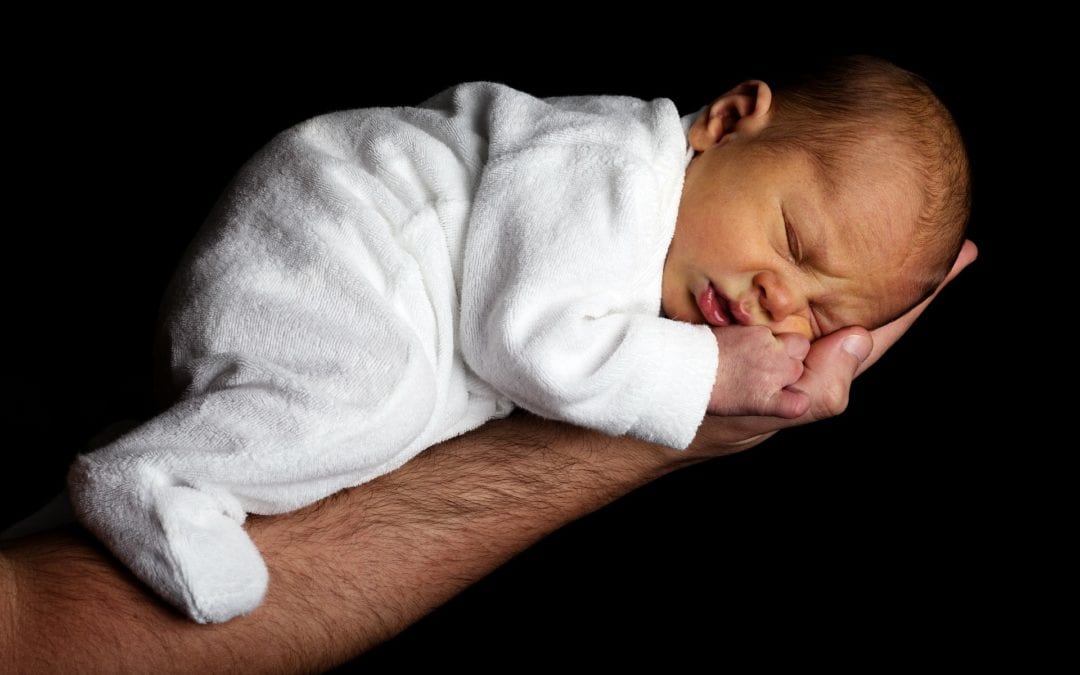There has been no greater motivation for my recovery than fatherhood. Alone, I could go for long stretches of mood dysregulation. Even married, I was afforded the opportunity to sleep excessively and spend large amounts of time devoted to my self-care. Such privileges were no longer my reality once my oldest son was born in 2012. Suddenly, agitation and unease became glaring deficits in my ability to nurture and care for our baby.
I remember poignant moments of deep connection and longing that marked those early days of fatherhood. At the time, I was unwilling to accept treatment for what I considered to be a sensitive, spiritual disposition unmet by the profane existence of modern society. My son was colicky, needing an extraordinary amount of devotion just to fall asleep. I would sing him songs, rock him for what seemed like hours, and then be trapped by his delicate body asleep on my chest. My arm would go numb as I drifted in and out of sleep myself. I would stare at his face, the promise of a life yet unmarred by suffering, and tears would stream down my cheeks. I felt a love fuller than I had ever known. In these fleeting moments, I became willing to commit to whatever treatment necessary for my ability to be present in his life.
I grew up with a mostly traditional father, the rock of the family. Thoughts of possibly not being able to provide stability for my wife and children initially terrified me. But over time, I’ve come to see myself as something different, perhaps less stable but more fluid and dynamic. I am more like water, filling the container of my home with loving devotion, strong enough to bend, powerful enough to change, even capable of smoothing rock. My old ideas of fatherhood and masculinity have yielded to the wisdom of openness and humility. I remain receptive to my wife’s input on my behavior and emotional disposition. If she is concerned, I listen. If I am off center, it shows up in my parenting. My kids seem to act out more. Any unruly behavior changes from annoying to utterly intolerable.
Being responsible for the wellbeing of two little boys serves as the ultimate mirror. If I am not sleeping well, balanced in my nutrition, adequately exercising, or actively pursuing mindfulness in my daily life, my family feels it. I feel it. Children have a way of cutting right through deception. I can rationalize that my mood is okay, and on my own, I might even get away with such ideas. But at the end of a long day, when it’s time to give a bath, brush teeth, and read a book, the truth inevitably comes out. Will I lose my mind when my older son splashes his little brother in the face with some soapy water, or will I lovingly redirect him toward kinder behavior? Will I be gentle with their bodies as I coax them to get their pajamas on, or will I wrestle them to the floor? These may seem like simplistic distinctions, but they can be the difference between a well-managed condition and a dire illness.
Most nights end the same way. I warmly ask my boys, “How much does Daddy love you?” They reply with the well-worn response, “infinity.” Then I ask my second question, “What does infinity mean?” They answer, “It means it goes on forever and ever and never ends.” I playfully gasp and exclaim, “that’s right,” before giving them each a kiss and exiting the room. Another day of fatherhood with bipolar disorder is complete, and in my heart I know I would do anything to protect this precious sanity.
Chris Cole is the author of The Body of Chris: A Memoir of Obsession, Addiction, and Madness, and he’s a life coach for people in recovery.
The content of the International Bipolar Foundation blogs is for informational purposes only. The content is not intended to be a substitute for professional medical advice, diagnosis, or treatment. Always seek the advice of your physician and never disregard professional medical advice because of something you have read in any IBPF content.


